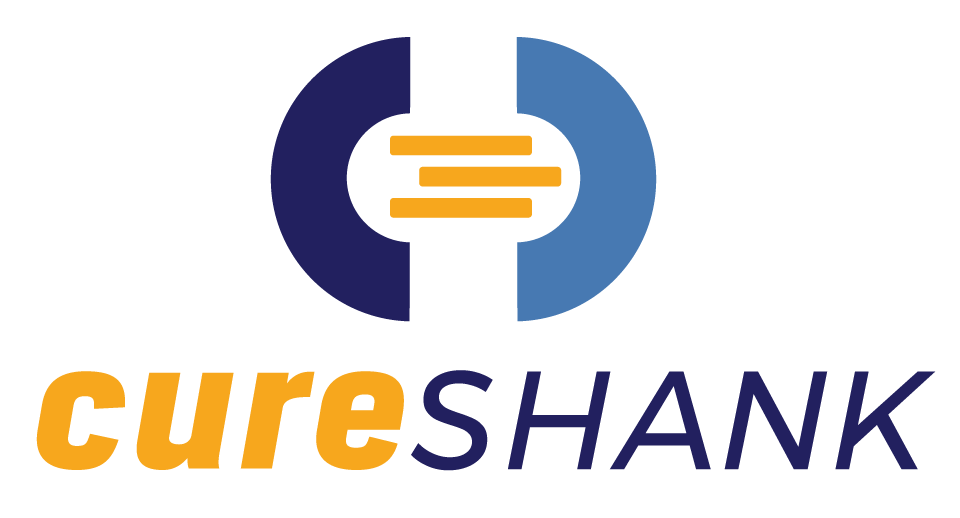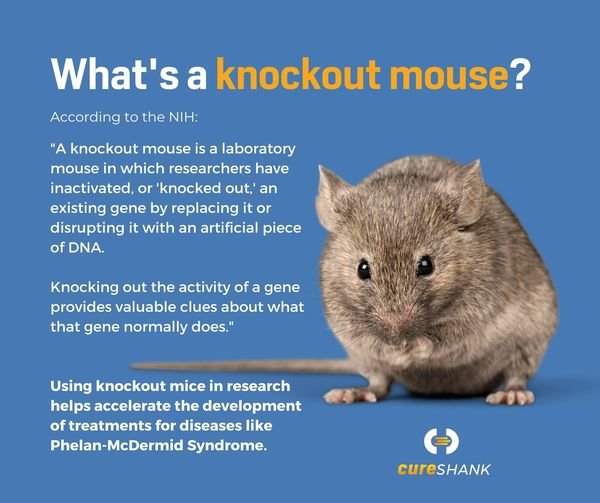News & Updates
updated Jaguar gene therapy community letter
Jaguar Gene Therapy would like to inform the Phelan-McDermid syndrome (PMS) community that the JAG201 clinical study record has been published and is now available on ClinicalTrials.gov, a U.S. government website and online database of clinical research studies.
CURESHANK SUPPORTS RARE DISEASE DAY
Phelan-McDermid syndrome is highly under-diagnosed, but it is still a #raredisease!
We are happy to support #RareDiseaseDay on this rarest of days, the 29th of February!
Running with a heart - sugar land rotary 5k
Thank you so much to Sugar Land Rotary Club for putting on a wonderful charitable 5k benefitting CureSHANK! Despite the rain and cold, the turnout at Running with a Heart - Sugar Land Rotary 5K near Houston, TX was substantial!
Jaguar Announces FDA Approval to Begin Phase 1 Clinical Trials for Phelan-McDermid Syndrome
It is a very exciting day for the PMS community: FDA has cleared Jaguar's JAG201 for Phase 1 clinical trials! JAG201 is a gene therapy addressing SHANK3 deletions and variants, which cause Phelan-McDermid syndrome.
CURESHANK SEEKS researchers to study SHANK3-related epilepsy: $250,000 in grant AWARDS
On December 1, 2023, CureSHANK announced its Request for Applications (RFA) for the CureSHANK Research-to-Cure Grant: Epilepsy.
Newsletter: Fall 2023
Registration is now open for our Fall 2023 Community webinar on Thursday, October 5 at 8pmEST/5pmCST. Please join us to learn about what we have accomplished so far in 2023 (including updates from our recent Epilepsy meeting); what we are planning for the future; and how you can get involved!
CureSHANK Commits $450,000 for Research Projects in 2023
This year, we are pleased to be dedicating $450,000 toward several research projects targeting many of Phelan-McDermid syndrome’s most challenging symptoms.
CureSHANK founder Named Rising Star
Abby Lievense inspires with her story of resilience and dedication to her son, Darus.
SHANK3 Research - How Does it Affect Autism Spectrum Disorder
SHANK3 is the most prominent gene in autism patients. It has mutations that range from 1 to 2% among people who have autism spectrum disorders.
What is SHANK3 and What are its Functions?
SHANK3 is a unique gene responsible for mediating the functions that take place within the postsynaptic densities in excitatory synapses.
Breaking News
We are excited to share the announcement of our first gene-based therapeutic program for Phelan-McDermid syndrome!
CureSHANK is part of COMBINEDbrain ensuring more SHANK3 visibility
CureSHANK is a proud member of COMBINEDbrain a non-profit consortium of 25 patient-advocacy groups, each representing a different rare genetic neurodevelopmental disorder.
Autism Awareness Day
SHANK3 is one of the top autism genes! Help us accelerate research by making a donation to CureSHANK in honor of Autism Awareness Month/Day. Thank you!
Rare Disease Day Awareness
While rare diseases may impact fewer people than widespread illnesses, they have a major impact on the lives they affect.
Happy Birthday Daria!
Daria - the daughter of CureSHANK’s co-founder Paulina Rychenkova, - is officially a teenager today!
Seizure Action Plan Awareness Week #SAPAW2021
Did you know - only 30% of adults have a seizure emergency action plan, yet 3.5 million Americans have epilepsy?
What's a Knockout Mouse?
Mice play an important role in the development of therapies for rare diseases like Phelan-McDermid Syndrome. These little guys make a big difference in getting us closer to a cure!
What is Phelan-McDermid Syndrome?
What is Phelan-McDermid Syndrome? What are its symptoms? How many people are affected? These are questions that caregivers of individuals with Phelan-McDermid Syndrome hear all of the time.
CureSHANK Strategic Programs
We’re excited to announce the launch of CureSHANK’s two signature programs to address the major gap areas in drug development for Phelan-McDermid Syndrome:
How to Develop In Vitro Models for Rare Disease Research
We are proud to be participating in Healx's webinar on the development of in vitro models for rare disease research on August 13, 2020.




















